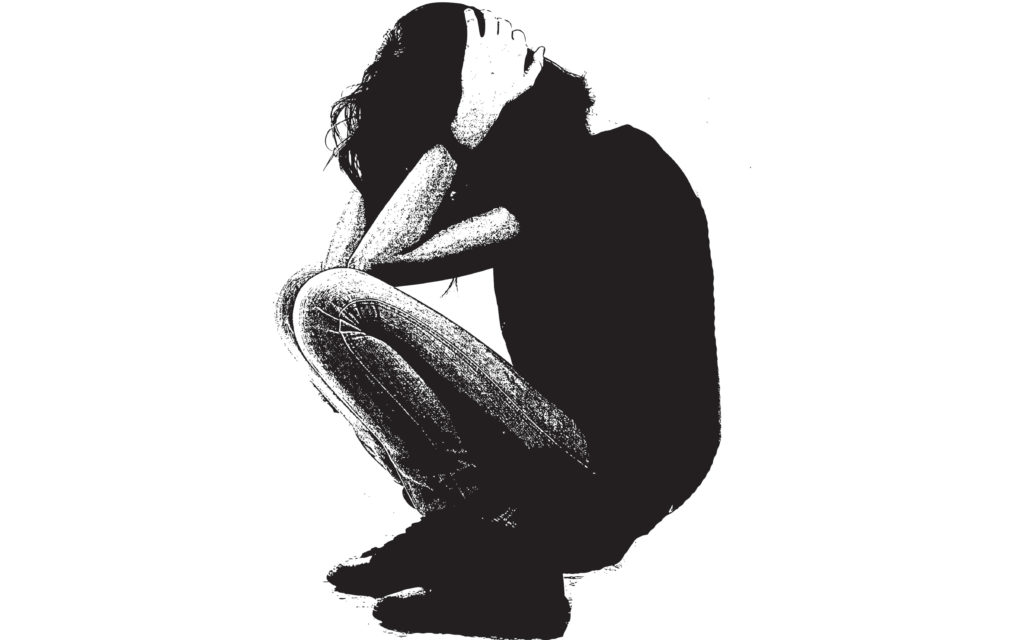
I was around seven. I was playing in a park with a white child. His mother, realizing this, quickly took her child from me. I knew that it wasn’t right, but at that time I didn’t know the word racism.
My family lived in an area mostly populated by white people in Lowell, New Hampshire, for a year when I was 12 and 13 years old. I was stared at and shunned for being an African American; in certain areas I would be purposely avoided. Women would discretely move their children away from me in stores or in the park. They didn’t care if I smiled, or if I wore pink with my hair in pigtails. I was black, so it didn’t matter.
My feelings didn’t matter. I felt empty. Why me? Why did my skin color matter? I was confused. It didn’t make sense to me: how could I treat someone with kindness and respect, but in return be shunned and spat at?
Anger ran through my veins. When I was stared at, I stared back. People would quickly turn their heads, but they got the message: I don’t care if I make you uncomfortable; I will not back down because I am African American. You and your ancestors have done this for years, and now I am fighting back. Glare if you want. I am a human being just like you.
Others in my life have had racist encounters as well. Being pulled over by the police was a daily routine for my mother and my father. If someone bumped into my brother on the street, a thousand apologies were said to my brother, because people expected a violent reaction.
In my own way I rebelled. No one would look at me or my family like that. I would let my emotions be known; I refused to back down. African American inequality is important to me because I have experienced what inequality is. So many times, I question if it will ever truly change.
There is currently a public outcry about the African American victims of police brutality. You may have heard of Michael Brown, and 18-year-old African American. He was unarmed when shot six times. He was peacefully walking down the street, perceived as a threat, shot and killed. Tamir E. Rice was shot and killed playing with a fake gun; he received medical aid four minutes later. He was only 12 years old. (MappingPoliceViolence.org). Many police-shooting victims are never heard about. Imagine the families’ grief and pain. Their children, spouses, or siblings were killed and no justice was served. Cops are walking away free, as my people are six feet under. Those people I listed are only a few out of the hundreds of African Americans who have been killed. Mothers and fathers have to worry if their children will run back into their arms again. They have to worry about if they will see their children smile again. African American families are now telling their families how much they love each other because they may not living the next day.
We are living in constant fear every day, while white people skip out of their houses, carelessly, not having to worry about being shot or being pulled over by a cop. We are enraged. For so long we have been discriminated against, shunned, killed, and disrespected because of the color of our skin. We cry out that black lives matter; we scream to be heard. We live in a world where people play God, and where 12-year-olds are shot because of the color of their skin. Not every white person is to blame, that I can admit. Some grew into racism, saw how their parents acted towards blacks like it was normal. Sadly, their world has already been set, and so has mine.
I have hope for the future. I hope for peace and equality. But that’s the thing about hope; you can only hold on to it for so long.
Ninth grade students from the John D. O’Bryant School of Mathematics and Science share Op-Ed essays that explore the contemporary meaning of the American Dream within the context of topics including women’s rights, migration, gun control, racial inequality and poverty.
View In Store Read more from this book »